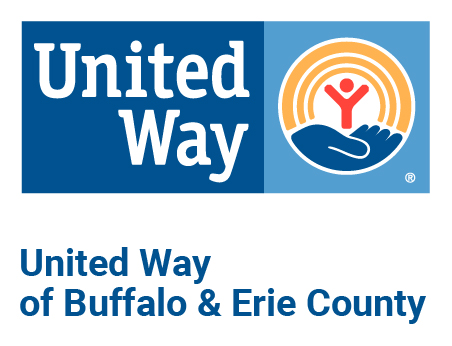Increasing Maternal Health Outcomes with Innovative Programs

According to the CDC in 2020 the maternal mortality rate rose to 23.8 deaths per 100,000 live births compared to a rate of 20.1 deaths per 100,000 live births. This is just the average, the data gets considerably worse when you look at traditionally disenfranchised populations, in 2020 the maternal mortality rate for Black women was 55.3 deaths per 100,000 live births. When we look at broader data from pregnancy, we find that there are 70-80 cases of severe maternal morbidity for every maternal death. Many health concerns that can lead to maternal mortality and morbidity can be prevented with proper prenatal and postnatal care. However due to ongoing systemic inequities in our healthcare system, many birthing people especially those from traditionally marginalized communities are unable to access the resources they need. Recent studies have shown doulas (trained, nonmedical professional support during prenatal, labor, and post-natal) can help decrease the instances of maternal mortality and morbidity, particularly for birthing people with socioeconomic or racial backgrounds that put them at higher risk.
It is in part because of that data that United Way of Buffalo & Erie County jumped at the chance to help the state pilot a program that connected expectant mothers with doulas, helped to connect new doulas with training, and is currently working to help doulas to be compensated fairly by insurance providers. Erie county was one of two counties in the state that was selected to participate in the Doula pilot program. The program assists doulas in advertising to and connecting with expectant parents. It also provides patients with four prenatal visits with their doula, doula services during labor and delivery as well as four postnatal visits with their doula to help monitor for complications.
This program was spearheaded by our Healthy Moms Healthy Babies coalition which is comprised of doulas, health systems, community healthcare workers and is supported by March of Dimes. The coalition used a Human-Centered design approach to developing the program. They worked with doulas to understand the barriers they had to providing necessary care to their patients. Most commonly they had problems with billing insurance companies, had trouble accessing their patients during birth, had a hard time making connections with expectant parents and were not always considered a valuable part of the birthing person's medical team during and after labor.
Because of the diverse group of stakeholders assembled by the coalition, we were able to remedy many of the issues. Labor and delivery floor supervisors got together with the local doulas participating in the program to create protocols and educate hospital staff on the important role the doula plays in the birthing process. Some health systems chose to provide their nursing staff with pictures of the doulas so they could better identify them and assist them in providing appropriate patient care. Nursing supervisors even gave doulas their personal cell phone numbers so a doula could reach out day or night if they were having trouble gaining access to their birthing patient. Because of this collaborative effort between health systems and the doulas in the program, most are reporting encountering fewer barriers to accessing their patients. Coalition work with insurance partners is ongoing to ensure doulas are receiving timely and accurate payments for the care they are providing.
The pilot program will continue through early 2023 and the state will evaluate the outcomes of the program. So far 830 birthing people have enrolled in the pilot program. All participants were given a satisfaction survey, in which 97% of birthing people reported that having access to a doula improved or somewhat improved their birthing experience, and 92% of people rated their doula as excellent.
Most recently we helped Erie/Niagara Area Health Education Center write for and receive grant funding to train doulas with a particular focus on training doulas of color to better serve marginalized populations. They received additional funding to coordinate work and assist doulas with billing Medicaid and other insurance providers. United Way of Buffalo & Erie County has also begun working with a statewide group to advocate for doula services to be covered statewide, and are hopeful that the program outcomes will show that this is a replicable model across the state.
